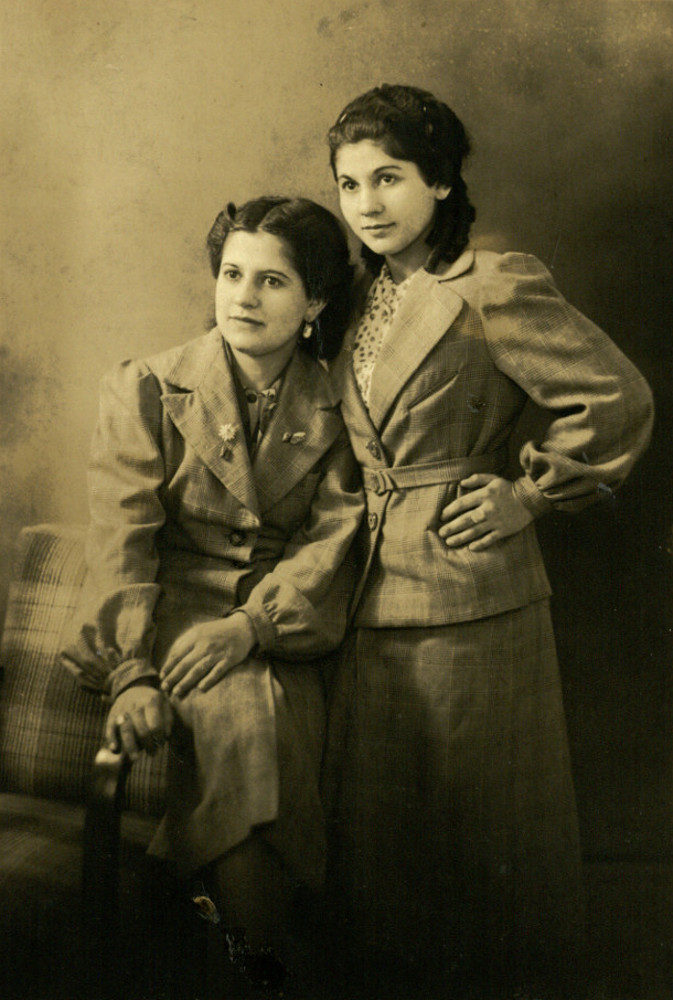Quellen
Arolsen Archives, Korrespondenzakte T/D 114841; Häftlingspersonalkarte
Toni Hanny Fischer, Mauthausen, 1.1.26.4/1869478/ITS Digital Archive;
Laboruntersuchung/Küchenpersonal/21.6.44, Auschwitz, 1.1.2.1/553069/ ITS
Digital Archive; Laboruntersuchung/Küchenpersonal/20.4.44, Auschwitz,
1.1.2.1/550338/ITS Digital Archive.
Państwowe Muzeum Auschwitz-Birkenau Oświęcim, Datenbankzugriff am 5.8.2013; Sterbeurkunde Hugo Fischer/akt zgonu 20627/1943.
Landesamt für Finanzen, Landesentschädigungsamt München, Entschädigungsakte EG 32 989 (Marianne Seeger); BEG 5102 (Toni Hanny Interview Sarah Grandke mit Fr. Schmidt (Enkelin) vom 25.3.2014.
Interview Sarah Grandke mit Ilonka Braun vom 25.3.2014.


